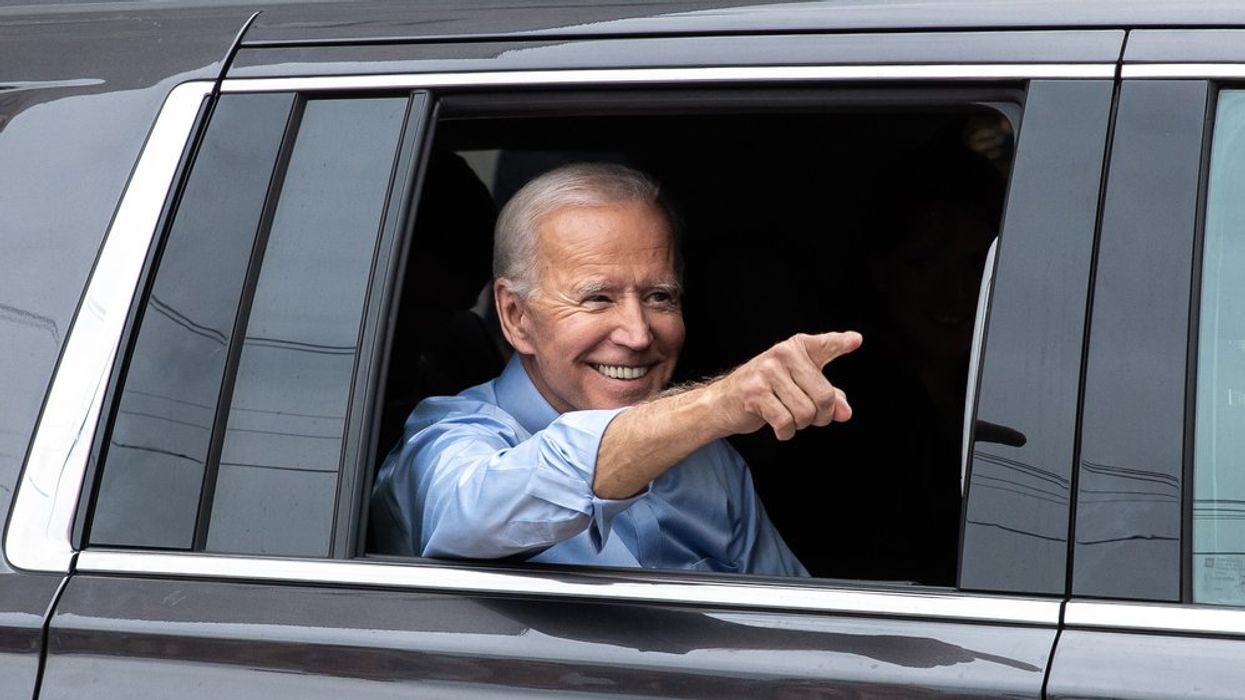(CNN) — President Joe Biden will sign an executive order in the Rose Garden Tuesday aimed at bolstering the "care economy," the White House said, issuing more than 50 directives across nearly every Cabinet-level agency in an effort to expand access to long-term care and child care.
Tuesday's order aims to expand and guarantee access to affordable child care for families, including military families, according to the White House. Per a fact sheet shared with CNN ahead of the announcement, the White House is directing federal agencies to "identify which of their grant programs can support child care and long-term care for individuals working on federal projects, and consider requiring applicants seeking federal job-creating funds to expand access to care for their workers," as well as directing the Department of Defense to take steps to improve the affordability of child care on military installations.
The Office of Personnel Management, according to the order, would be directed to conduct a review of child care subsidy policy and consider setting government-wide standards for federal government employees to access such assistance. Expanded access, according to the order, could come "through federal child care centers, child care subsidies, or contracted care for providers."
Domestic Policy Adviser Susan Rice called the move "historic" during a call with reporters previewing the executive order, though any additional funding for such efforts would face an unlikely road in Congress.
"Child care and long-term care systems in this country just don't work well — high quality care is costly to deliver, it's labor intensive, it requires skilled workers," Rice said. "Yet care workers — who are disproportionately women and women of color and immigrants -- are among the lowest paid in the country, despite working in some of the most important and complex and demanding jobs. At the same time, the price of care represents an outside share of family's budget, with child care prices up 26 percent in just the last decade and long-term care costs up nearly 40 percent."
Additional steps outlined in the executive order would seek to improve working conditions for early educators, long-term care workers and child care workers, with the order instructing the department of Health and Human Services to increase pay and benefits for Head Start employees, issue regulations to ensure Medicaid funding for long-term and home care workers caring for Medicaid enrollees and testing a new dementia care model that would include support for respite care under Medicare.
The Department of Labor will also publish a sample employment agreement "so domestic childcare and long-term care workers and their employers can ensure both parties better understand their rights and responsibilities."
Still, one administration official acknowledged that any additional funding for long-term care and child care programs would face steep headwinds in a divided Congress, noting that while the president included "a robust, holistic care agenda" in his proposed budget, it faces challenges so long as Republicans control the US House of Representatives.
"This is a case where the president is working hard on the investment angle — has worked hard with Congress — but that avenue has not worked out as well," the official said Monday.
The-CNN-Wire
™ & © 2023 Cable News Network, Inc., a Warner Bros. Discovery Company. All rights reserved.


















































